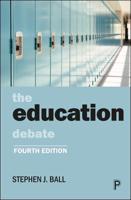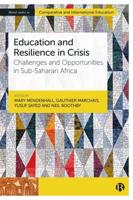Publisher's Synopsis
This dissertation aims to identify the potential and limitations of LCP for the improvement of the quality of legal education in Faculties of Law in Colombia. It was conducted according to a realistic approach, using mixed methods of research. It explores the extent to which three lecturers at faculties of law use LCP to teach Law of Obligations in practice. Via a semi-structured interview and questionnaires answered by the participants, two different concepts of LCP were derived. These findings support the existing literature, indicating why LCP has not been successful during practice, at the higher education level. It also challenges the literature by suggesting that there is an inconsistency in the way LCP has been approached by previous authors. Indeed, the key concepts of the LCP of the sixties were replaced by the tendency to focus on individual performance capability, rather than on how autonomous and creative an individual he or she is. Research associated with the role of LCP in improving quality of education tends to reflect this systematic confusion and this study has determined the ways this connection reinforces the factors of failure of the pedagogy in practice. However, the also study suggests that LCP can change the paradigm from passive into active learning when it is used to help students to find their voice and foster their autonomy as human beings. This study points out that lecturers with higher qualifications in the field working with freedom according to the local context, and supported by their institutions, are the best placed to implement LCP successfully. One further challenge of this dissertation is to find a new factor of failure of LCP in practice related to the imperative imposed by the World Bank to developing countries; such is to become part of the Global Society of Technology and Knowledge (GSTK). A considerable amount of research is required, however, to determine in which way this new factor has influenced the levels of failure or success of LCP in practice at all levels.










